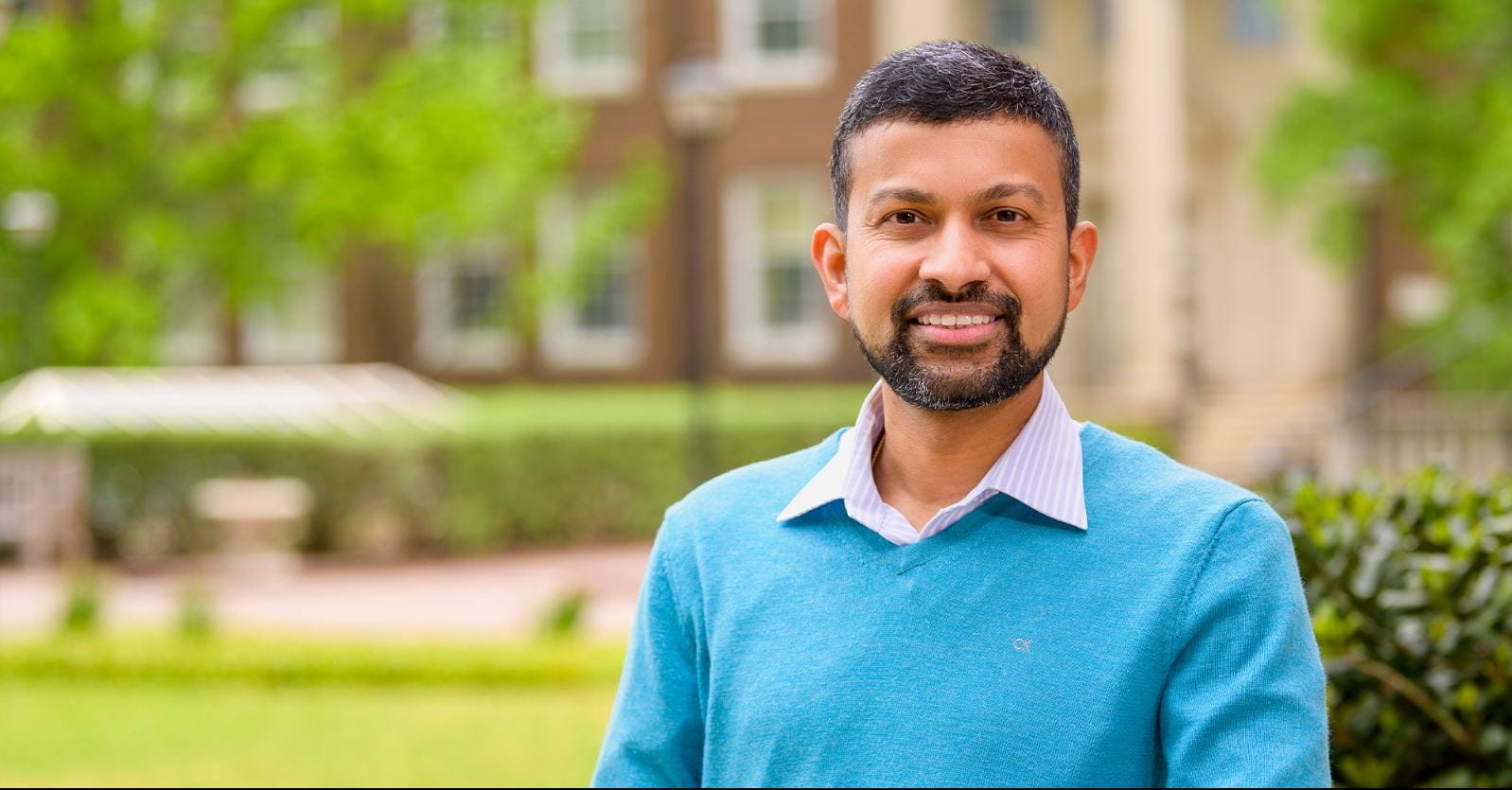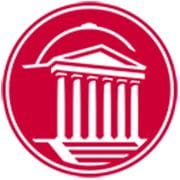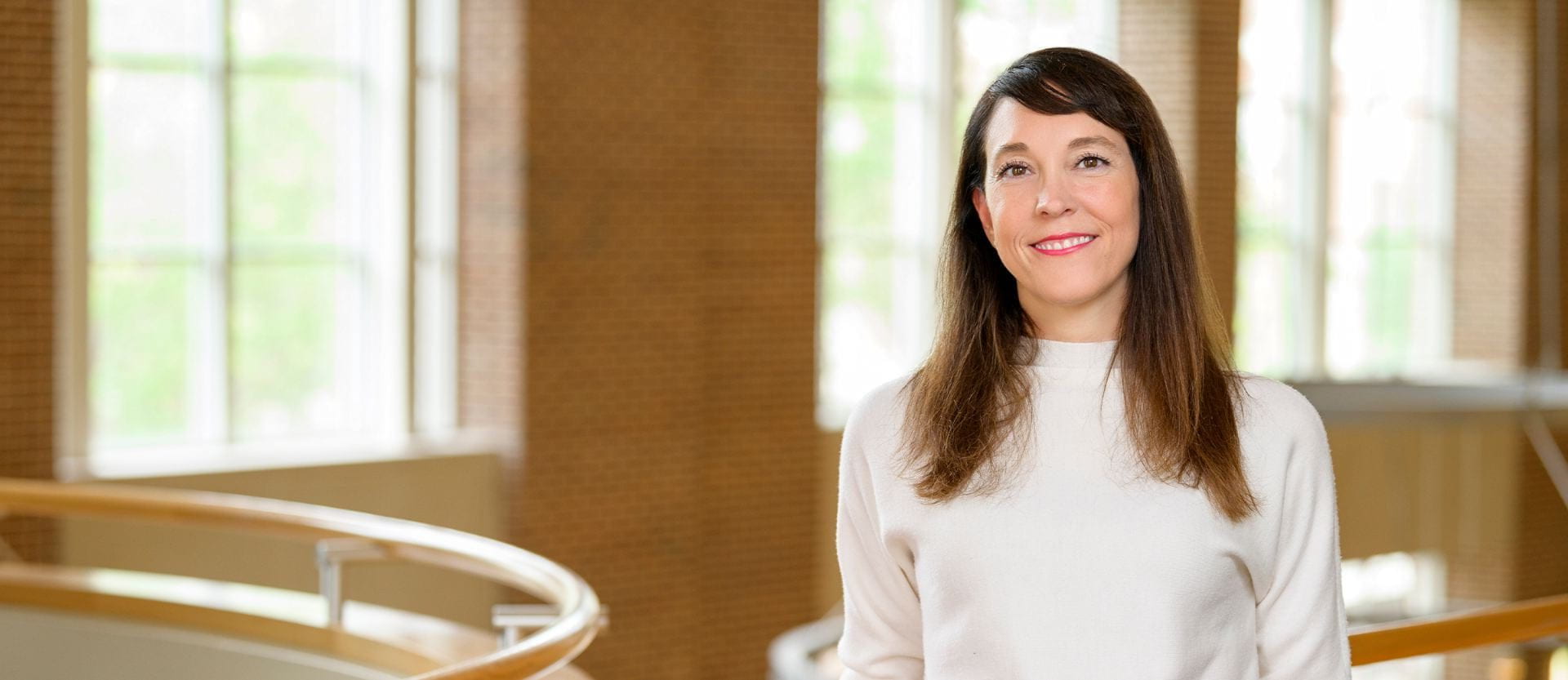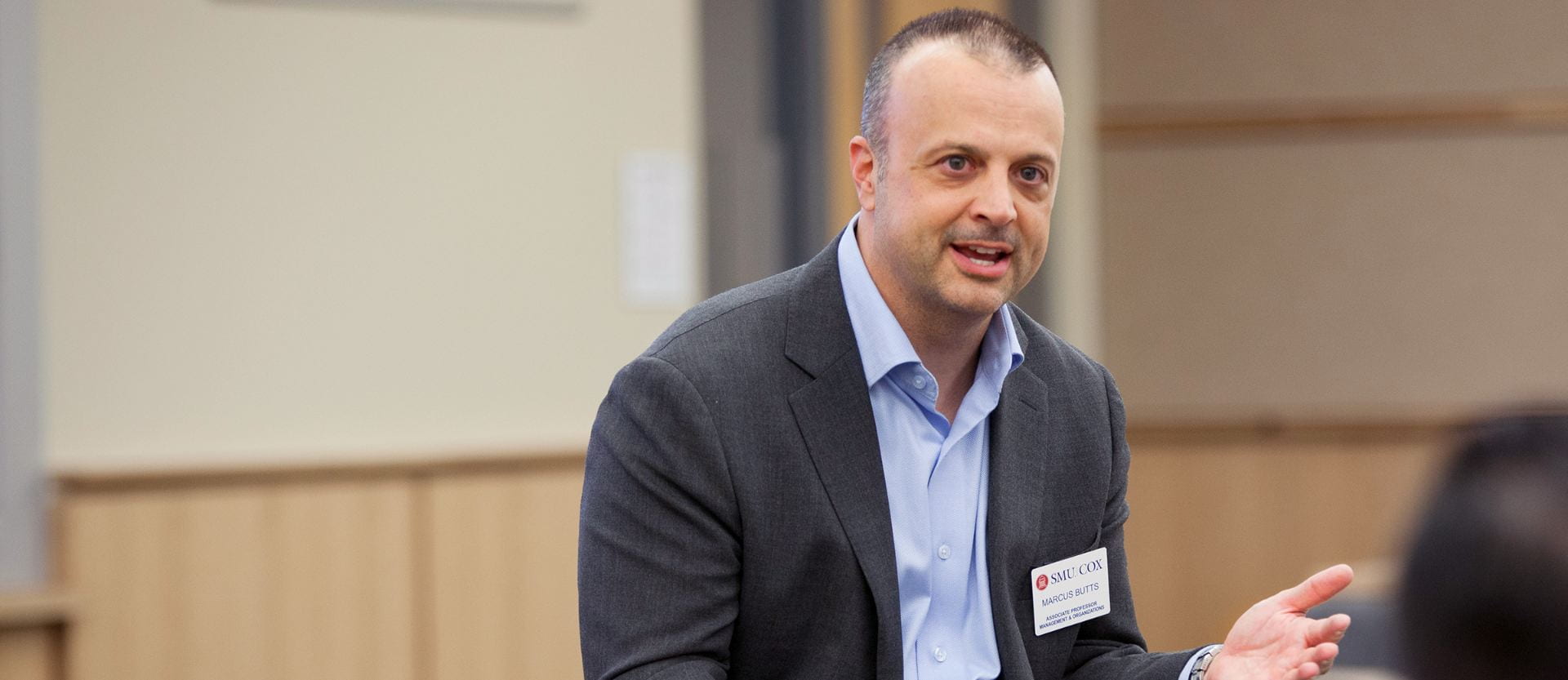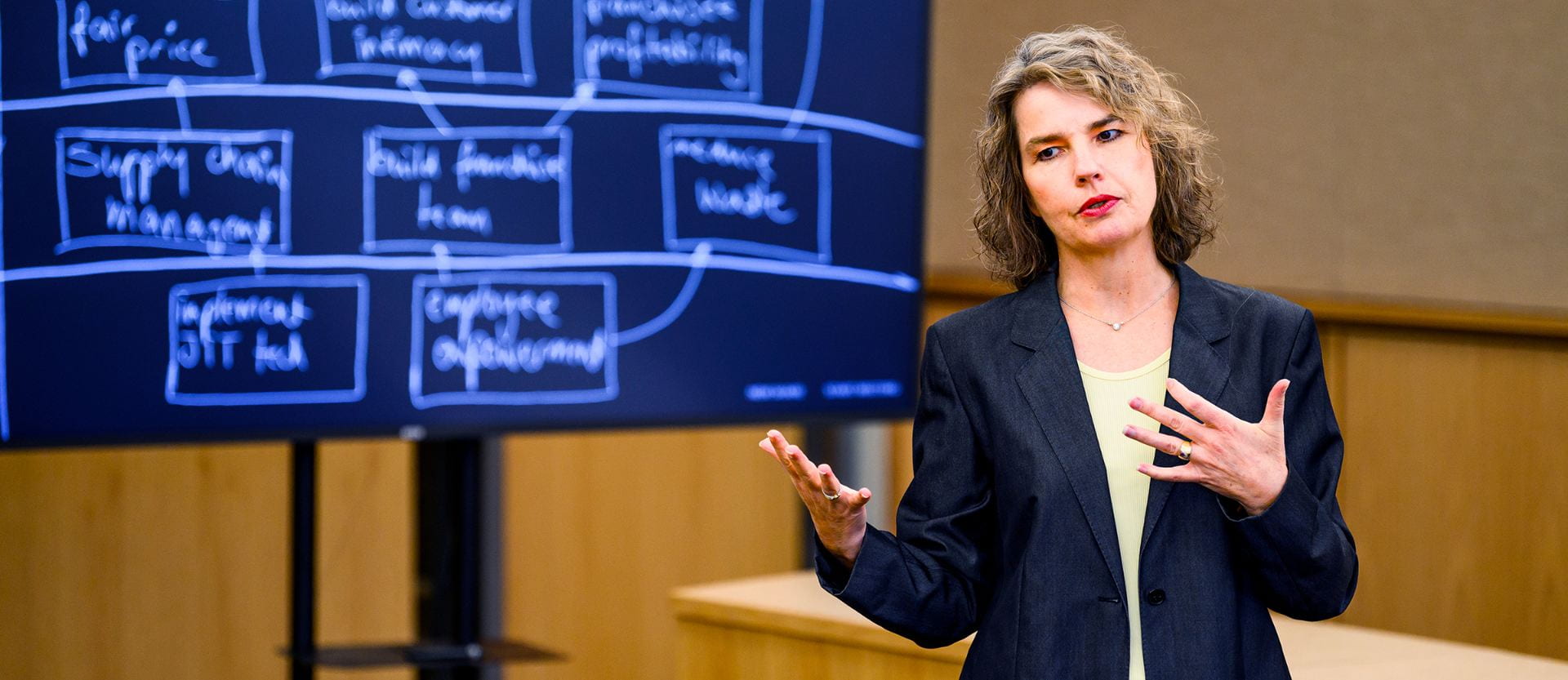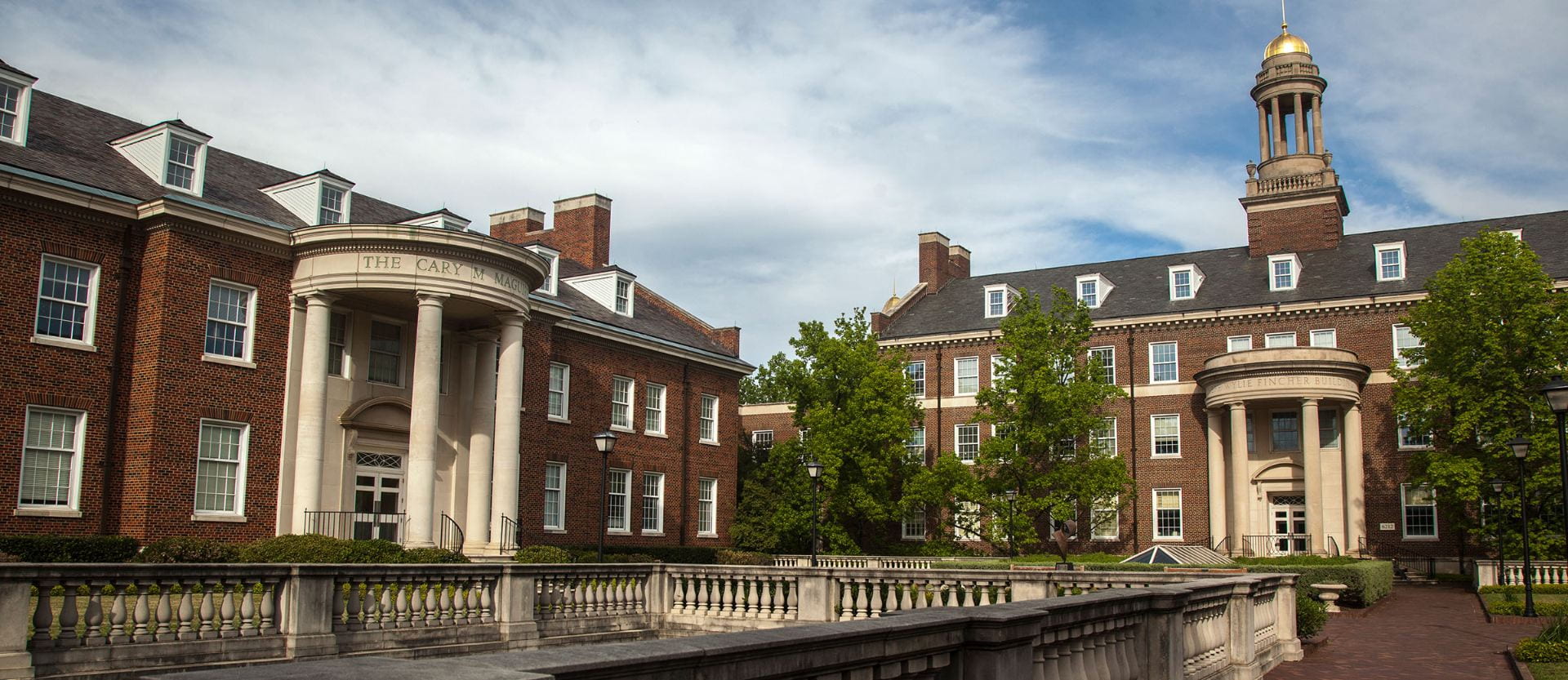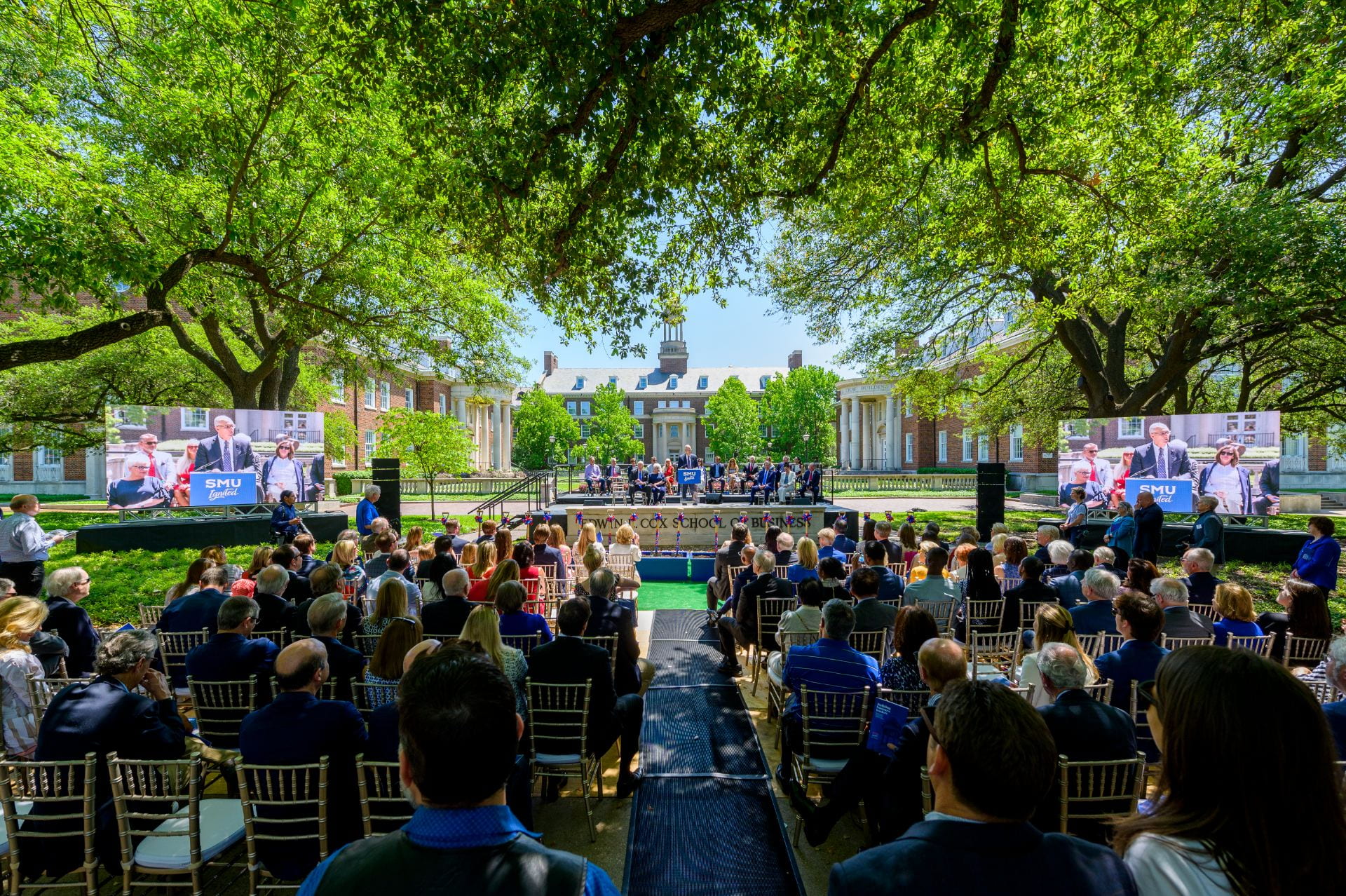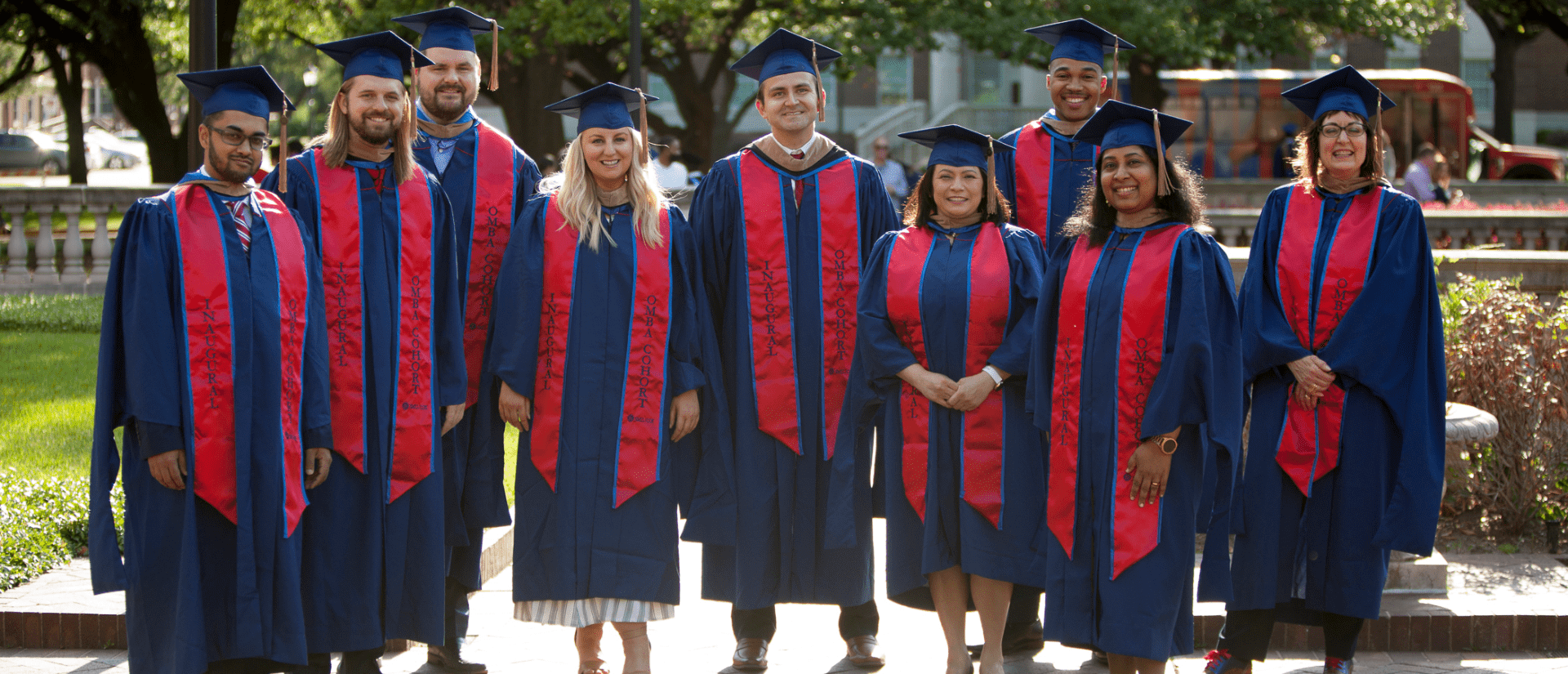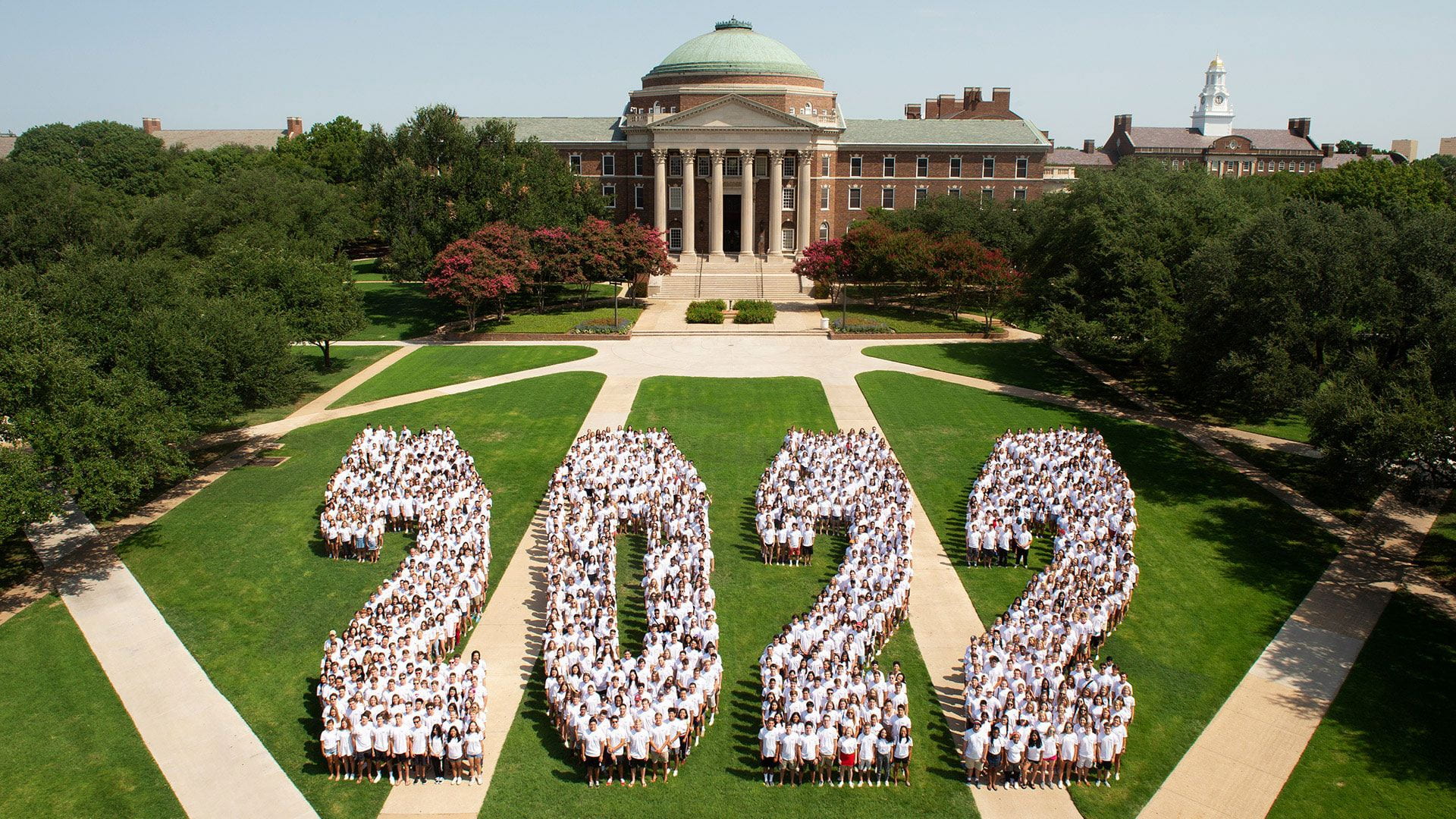Sreekumar Bhaskaran studies the process of new product development and innovation, trying to understand how products are designed, developed and brought to market. Why do some flourish while others fail? It helps to start with a great idea, he says, but even the best ideas are not guaranteed to succeed. Any company that takes a new item to market has to navigate a series of complex issues, from how they’re going to design and manufacture their products to who they’re going to collaborate with, and finally, how they should optimize their supply chains.
“There’s a significant amount of uncertainty that companies need to deal with, and also a lot of challenges from different angles,” says Bhaskaran, an associate professor of information technology and operations management (ITOM) at SMU Cox. “Being able to bring some structure to this complex environment is indeed a fascinating problem.”
In many ways, Bhaskaran’s academic and work background makes him ideally suited for the task. As an undergrad, he studied mechanical engineering. “That’s all about how things work, and how you can make things more efficient,” he says. An MBA in operations and marketing came next, which included a strong grounding in information technology. “It was almost like a triple major.” At Cadbury’s, while managing the distribution network for the confectionery giant, Bhaskaran was involved in four product launches, including two that were completely new to the market. After that, Bhaskaran came to the University of Texas at Austin to pursue a PhD in supply chain and operations management.
“New product development and innovation is a practical topic, one that all of us can relate to both as consumers and business professionals,” he says. “And naturally, it was always something that fascinated me. However, the diverse academic training and work experience sensitized me to the unique challenges of this field, motivating me to think deeper about how the process of developing such products could and should be managed.”
Bhaskaran currently teaches three courses at the Cox School, all graduate-level classes. Operations Management is a core ITOM class that looks at how businesses can improve efficiencies and processes and manage supply chains, among other things. Bhaskaran also teaches two elective courses, Project Management and Operations Analytics, both of which address how companies can manage uncertainty in all its various forms.
“There’s uncertainty from a demand side, there’s uncertainty from a supply side, there’s uncertainty from a technology side,” he says. “So how do you deal with all those things? First, you have to understand the uncertainty, and we do that by marrying the context with the data. And then we build models in class that enable students and managers to make better decisions in an uncertain environment. It is about combining what is theoretically possible to what is practically relevant.”
In addition to his teaching schedule, Bhaskaran is an active researcher, publishing his findings in Management Science, Marketing Science and Production and Operations Management Journal, along with other premier outlets. He’s currently working on projects that look at how companies leverage technology — including data and information technology to sustain their development and innovation processes. He’s also studying how to engage customers in the design process and how to bring them along as firms continue to develop new products. This requires an understanding of not only the technical capabilities of products, but also how consumers use them.
“I discuss my research papers in my elective courses,” he says. “I believe many faculty at Cox do this routinely, and this is what adds to the uniqueness of the programs here. This has led to many interesting discussions with students after class, and in some instances, that has motivated me to pursue new streams of research.”
In addition to enriching the learning process and sparking new research ideas, the discussions help Cox students apply what they learn in the classroom to their respective jobs. With many of his students coming from Fortune 500 companies, the in-class chats have real-world consequences. “The student body at Cox is very diverse and has a wealth of experience,” he says. “In many cases, I’ve had students come back and tell me how they were able to apply what they learned in those discussions to the challenging projects in their jobs.”

